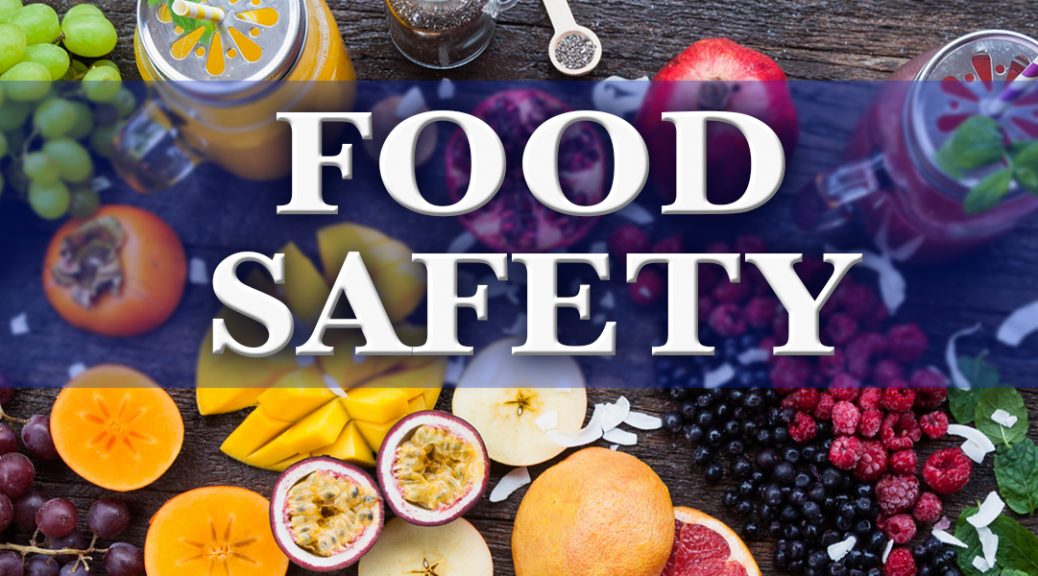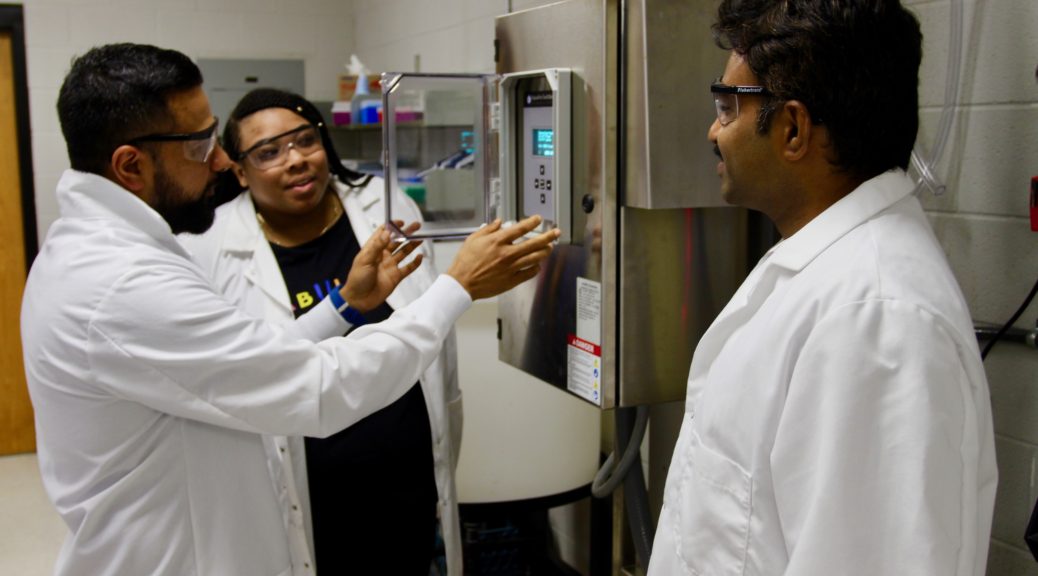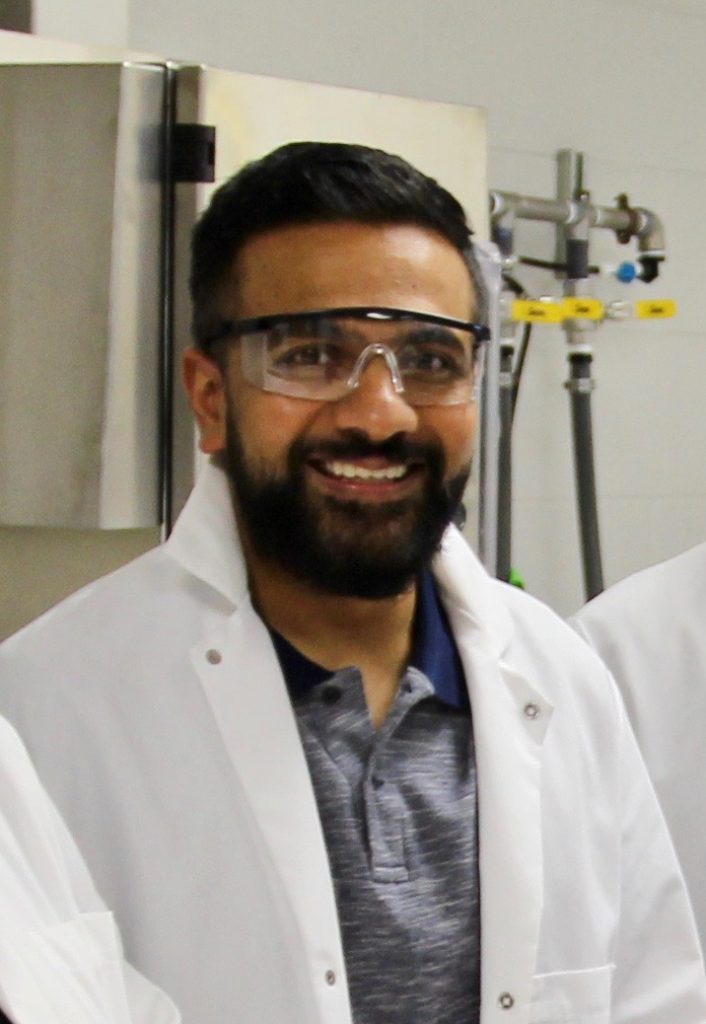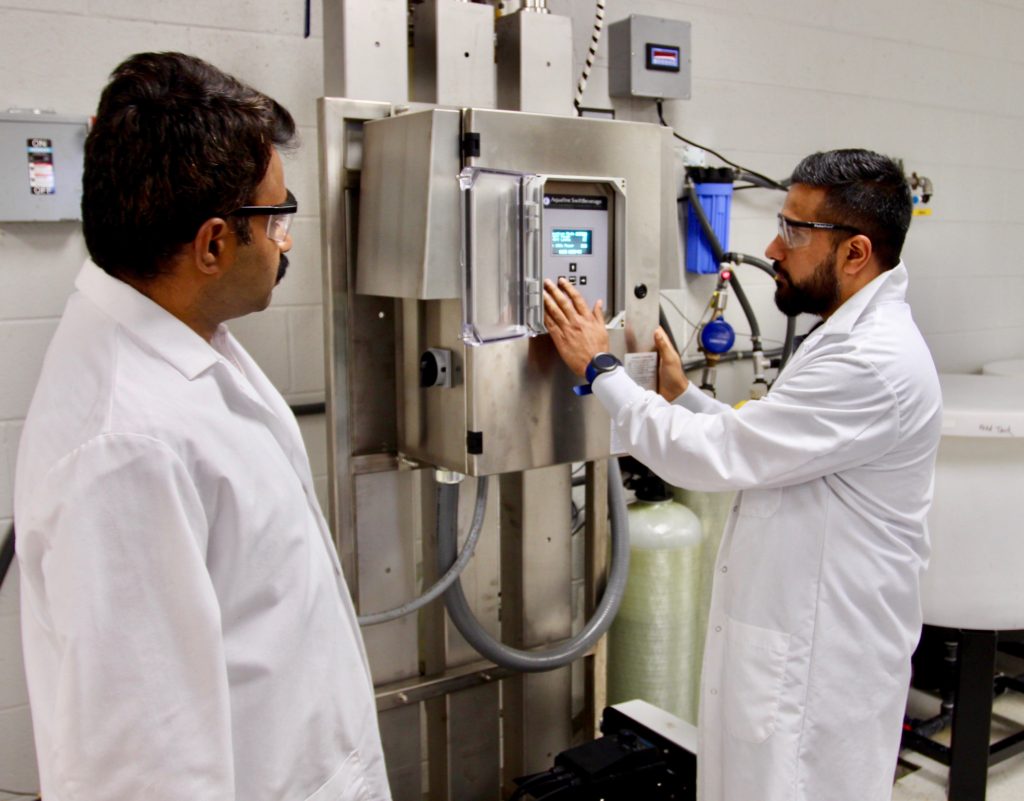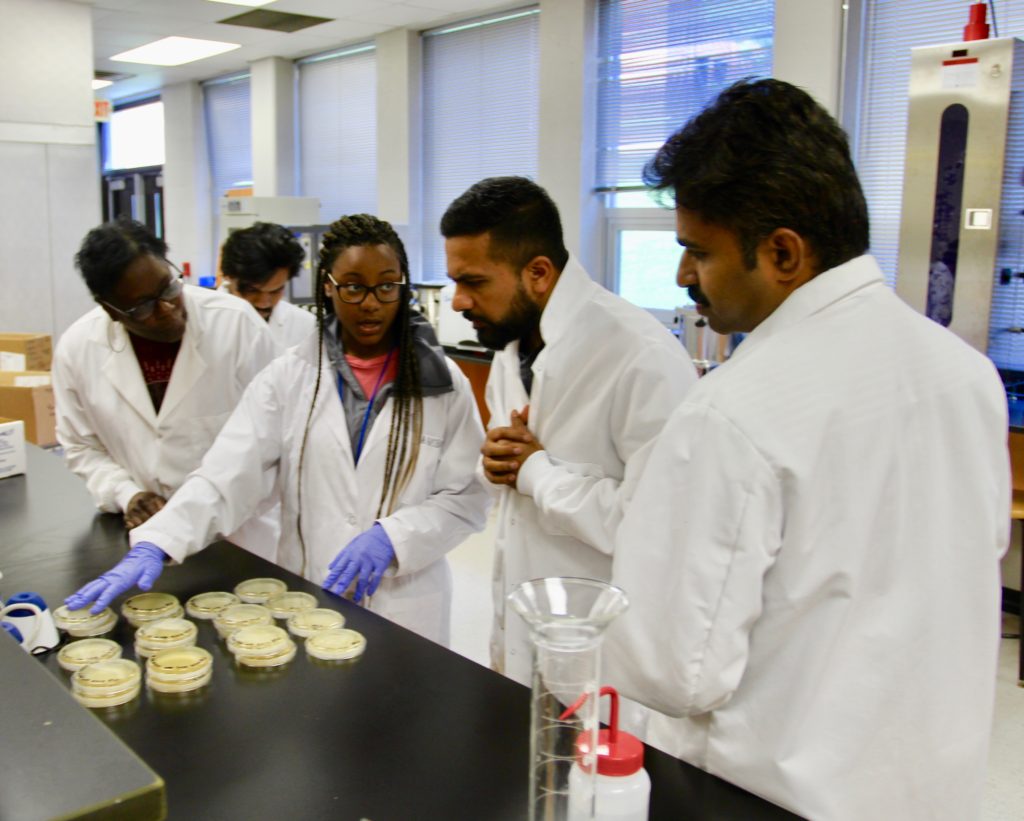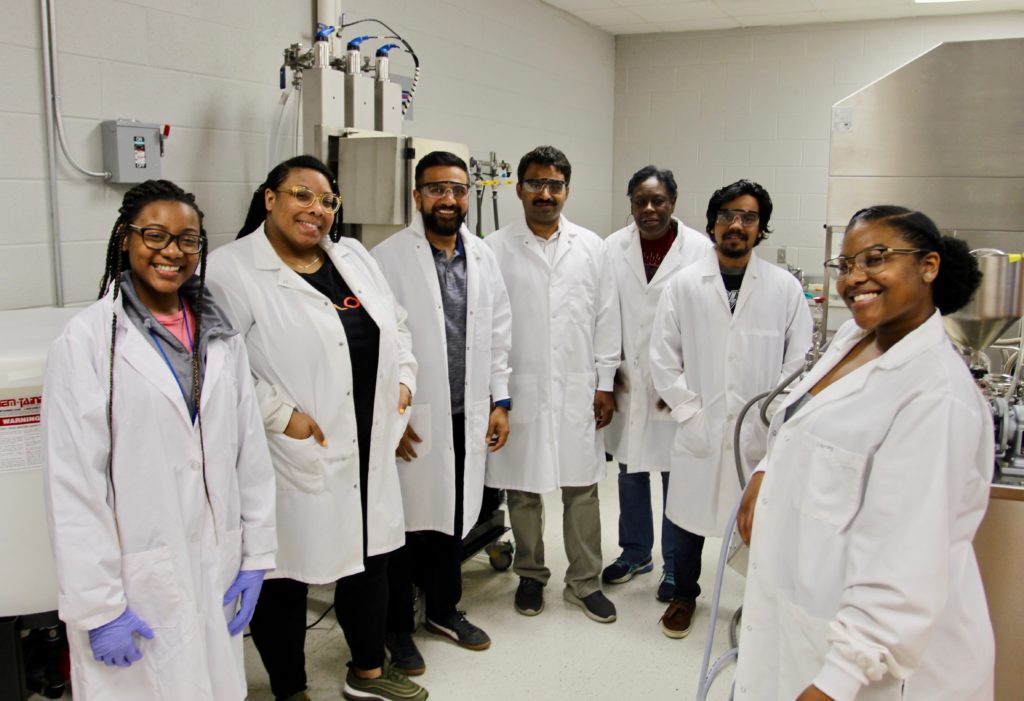NASHVILLE, Tenn. (TSU News Service) – Tennessee State University researchers in the College of Agriculture have some pertinent food safety information for consumers amid recent recalls and the bustling holiday season.
Last month, there was a recall of romaine lettuce after a multistate outbreak of E. coli infections were linked to the lettuce, according to the Centers for Disease Control and Prevention. There was a similar ground beef recall in June.

Dr. Agnes Kilonzo-Nthenge is an associate research professor in the College of Ag’s Department of Human Sciences at TSU. She says whenever there’s a recall, consumers should take them seriously.
“It is important for consumers to listen to the news and be aware of food recalls,” says Kilonzo-Nthenge. “Some of the recalled products may be in our homes.”
In the last year, TSU’s College of Agriculture has received more than a million dollars for food safety research.
Kilonzo-Nthenge is the principal investigator for a $450,000 grant from the U.S. Department of Agriculture to pursue an integrated approach to mitigate antimicrobial resistance in cattle and poultry, and help establish stewardship programs for small and medium-sized ranchers.
“Consumers are educated on safe handling practices at home and our farmers are trained on good agricultural practices that prevent or reduce meats and fresh produce contamination with pathogenic bacteria that might be resistant to antibiotics,” says Kilonzo-Nthenge.
Dr. Ankit Patras, a research assistant professor of agricultural science, also recently received two grants totaling more than $650,000 from the USDA National Institute of Food and Agriculture, Trojan Technologies of Canada, and California-based Aquafine Corporation. The grants are funding research to make food safer by eliminating harmful viruses and bacterial endospores in juices and other beverages.
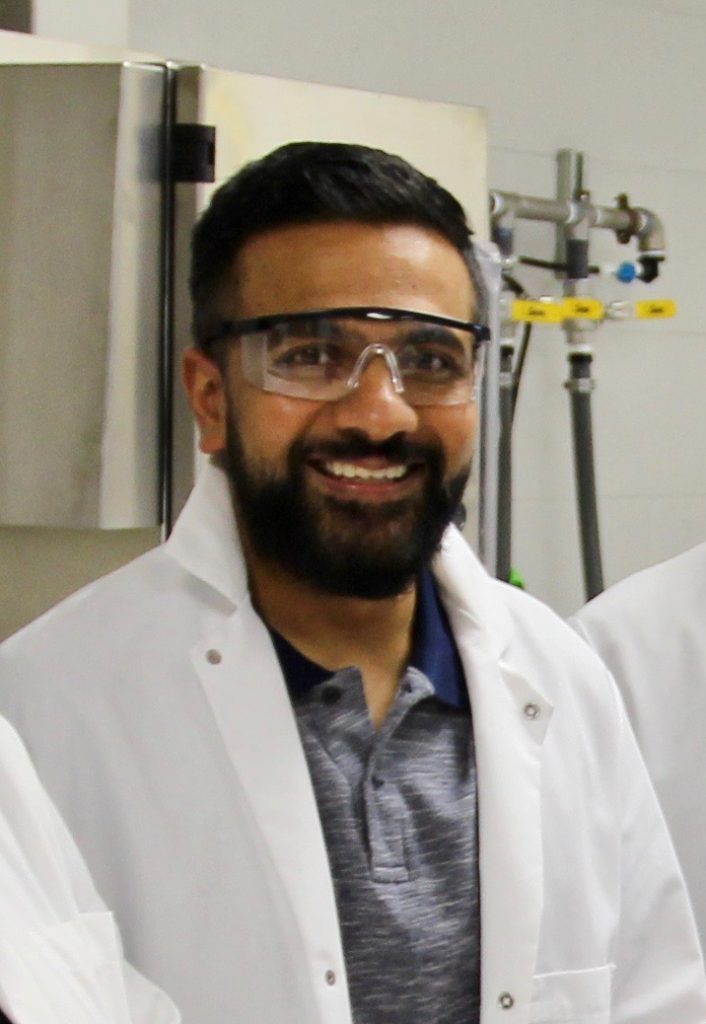
“An important aspect of the study is to create science-based knowledge and bridge existing knowledge gaps by assessing the sensitivity of target foodborne viruses and spores to this treatment,” says Patras, the principal investigator. “We want to identify markers of oxidative stress, which can be correlated to microbial inactivation.”
This holiday season, TSU researchers say there are some simple ways to avoid foodborne illnesses. They include:
- Wash hands and surfaces after handling raw meats.
- Keep raw meat and poultry apart from freh produce and foods.
- Preheat the oven to 450 degrees Fahrenheit, then lower temperature to 350 F when putting turkey into the oven. Cook for at least 2 hours and 30 minutes. Turkey is done when it registers a minimum of 165 F in the thickest part of the thigh.
- Hot or cold food should not be left out for more than two hours. Bacteria grow rapidly in the range of temperatures between 40 F and 140 F, doubling in as little as 20 minutes.
- Hot foods should be kept at a temperature of at least 140 F.
- Cold foods, such as chicken salad or potato salad, should be kept cold, at or below 40 F.
To learn more about TSU’s College of Agriculture, visit http://www.tnstate.edu/agriculture/.
Department of Media Relations
Tennessee State University
3500 John Merritt Boulevard
Nashville, Tennessee 37209
615.963.5331
About Tennessee State University
Founded in 1912, Tennessee State University is Nashville’s only public university, and is a premier, historically black university and land-grant institution offering 38 bachelor’s degree programs, 24 master’s degree programs, and seven doctoral degrees. TSU is a comprehensive research intensive institution with a R-2 Carnegie designation, and has a graduate school on its downtown Avon Williams Campus, along with the Otis Floyd Nursery Research Center in McMinnville, Tennessee. With a commitment to excellence, Tennessee State University provides students with a quality education in a nurturing and innovative environment that prepares them as alumni to be global leaders in every facet of society. Visit the University online at tnstate.edu.
